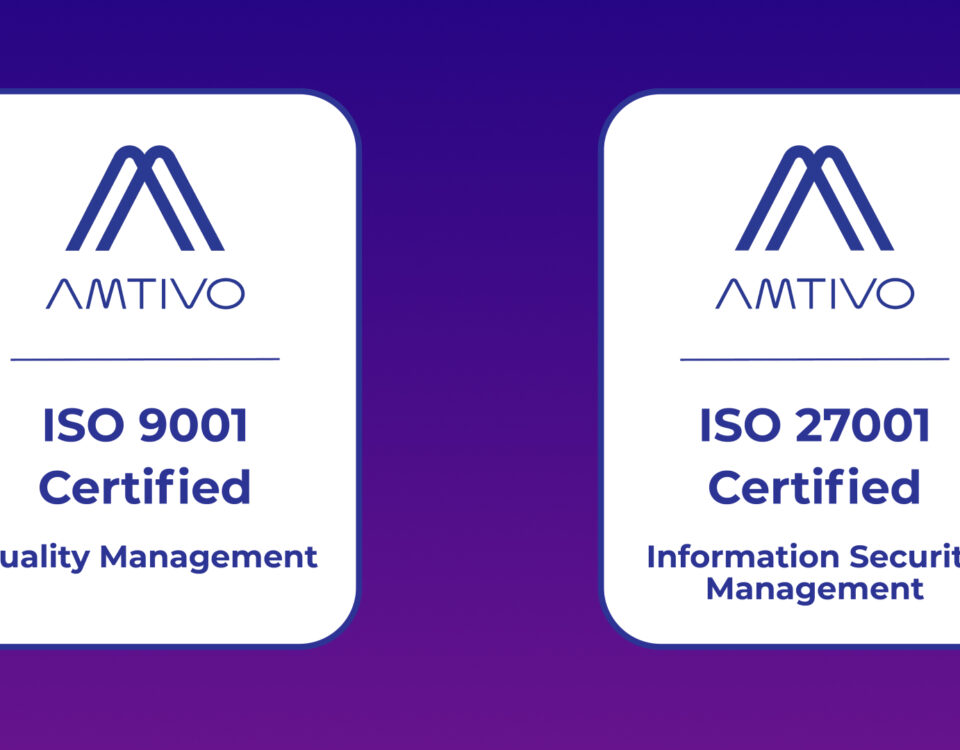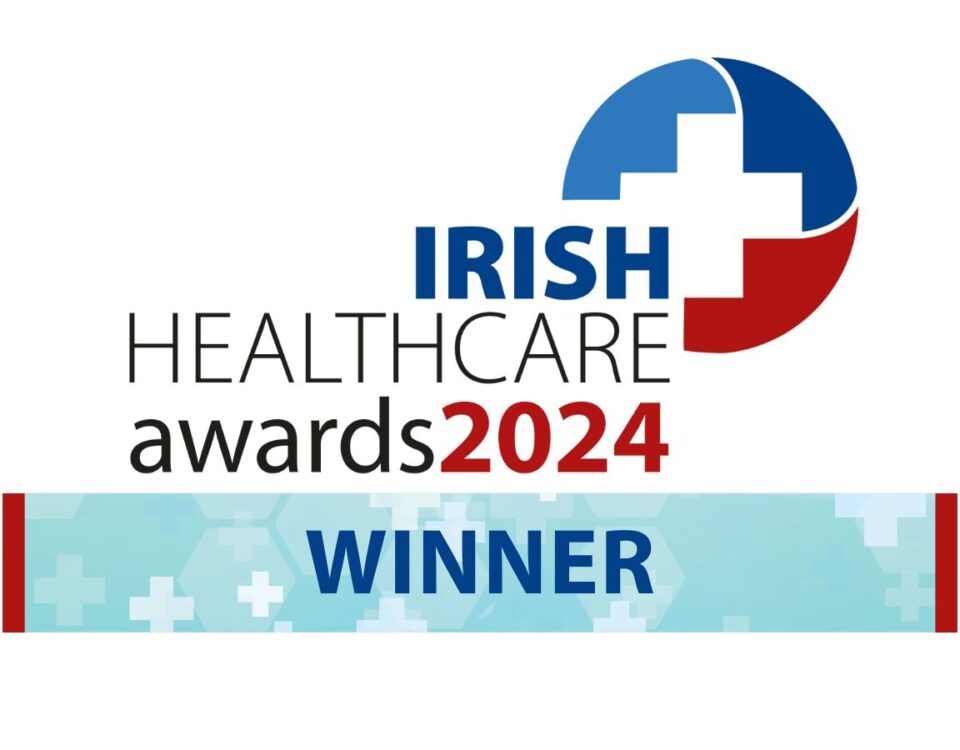DermView aims to cut six-year waits for dermatologist appointment in half

 By George Morahan
By George Morahan
A new chain of dermatology clinics that offers cutting-edge skin imagery treatment from leading Irish hospital-based consultants is aiming to help patients who are forced to wait up to six years to see a dermatologist.
DreamView bypasses the healthcare system’s lengthy waiting times to ensure a much faster diagnosis and treatment plan for patients at its 20 clinics around the country, with 15 more due to open in the near future.
A visit to a DermView clinic costs €160, which can be reclaimed from certain private insurance plans, compared to the current system where a patient pays €250-300 to see a consultant face to face.
DermView wants to take the pressure off hospitals, which have six-year waiting lists for dermatology patients.
The clinics are staffed by qualified nurses who, using specialised equipment, take a photographic scan of the problem area on a patient’s body that is sent instantly to one of 15 consultant dermatologists working with the company.
‘Using our technology our consultants can diagnose a problem instantly,’ explained DermView CEO Eoin O’Reilly. ‘This means that the patient can be diagnosed more quickly than with the traditional model and treatment and management plans can rapidly be put in place by the consultants and returned to the patients GP.’
DermView, which is also working in a pilot phase within the HSE, only works with Irish-based consultant dermatologists to provide this new service across Ireland.
DermView has 20 clinics open nationwide with plans to open another 15 in the near future.
Dr Rupert Barry, consultant dermatologist and co-founder of DermView, said teledermatology could cut waiting times significantly and have an impact on the overall health of a patient.
‘For me as a dermatologist who works everyday with patients with skin cancer, the main problem is access to care in an appropriate timeframe,’ he said.
‘Under the current referral system, if a patient has a skin condition which requires referral to a specialist for an opinion, the GP writes a referral letter which will be sent to the dermatology department.
The company said up to 15% of dermatology cases could be treated by GPs overseen by consultants.
‘You will then get an appointment date which if deemed urgent may be a matter of months or it could even be years.’
Patients are referred to their local DermView clinic by their GP, and their data is relayed securely to DermView’s platform, where their case will be read, a diagnosis made and management advice given within weeks.
Dr Barry said high-quality teledermatolgy enables DermView to potentially cut waiting lists by 30-50% and save lives by allowing patients to access treatment for possible skin cancer exactly when they need it.
DermView thinks it could cutting waiting lists by up to 50%. Pic: Getty Images
There are 46,500 people on the public waiting list for dermatological services, with DermView claiming it could remove 30-50% of patients waiting for treatment from the hospital system, while another 10-15% could be treated by GP with special interest, under consultant guidance.
‘Although we are currently a private service, we are seeing a large volume of public patients attending our clinics to avoid the huge waiting times to get a diagnosis and put their minds to rest,’ O’Reilly said.
‘In the last couple of months we have discovered several melanomas and over a dozen very bad skin cancers, these people could have been waiting months or year to even get their first appointment, we had them seen and their surgery completed within a few weeks.’
The company is hoping to expand into the UK and the EU in the next couple of years.
He added: ‘At present everyone has to go to a hospital to see a consultant. Under the DermView system, around one-in-four would only go the hospital route. Meaning each patient is seen by the right consultant in the correct time frame.’
DermView is looking at opening clinics in the UK by next summer before targeting the EU and Canada after that. The company, which is an Enterprise Ireland High Potential Start-up, is in the process of a €2m seed funding round to fund technology and expansion.
This article was first published on 8 December 2020. You can read the original article here.


